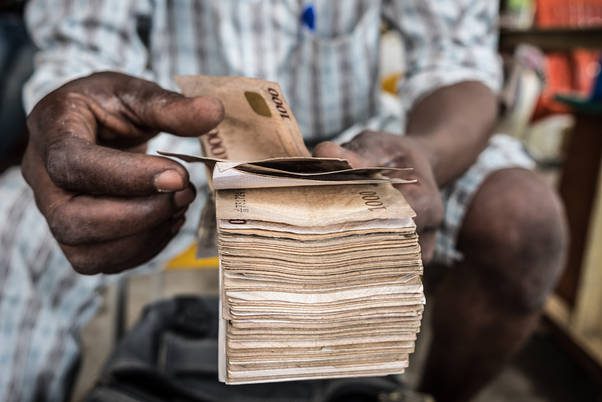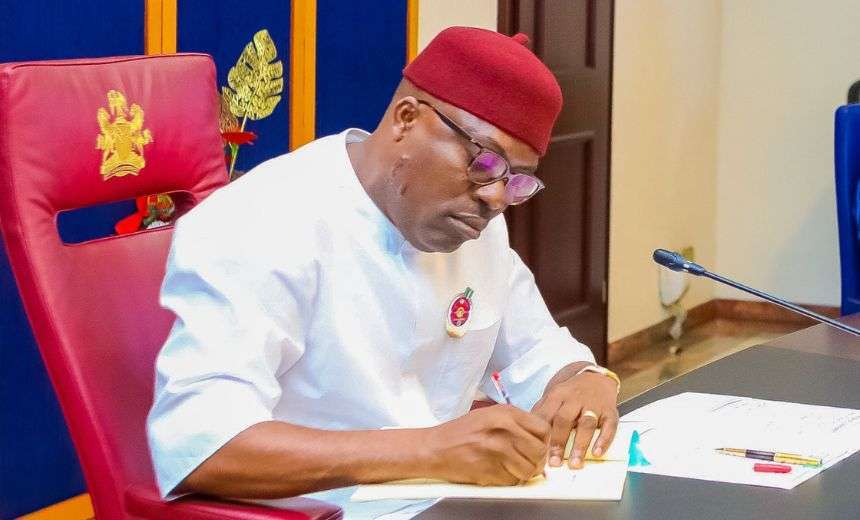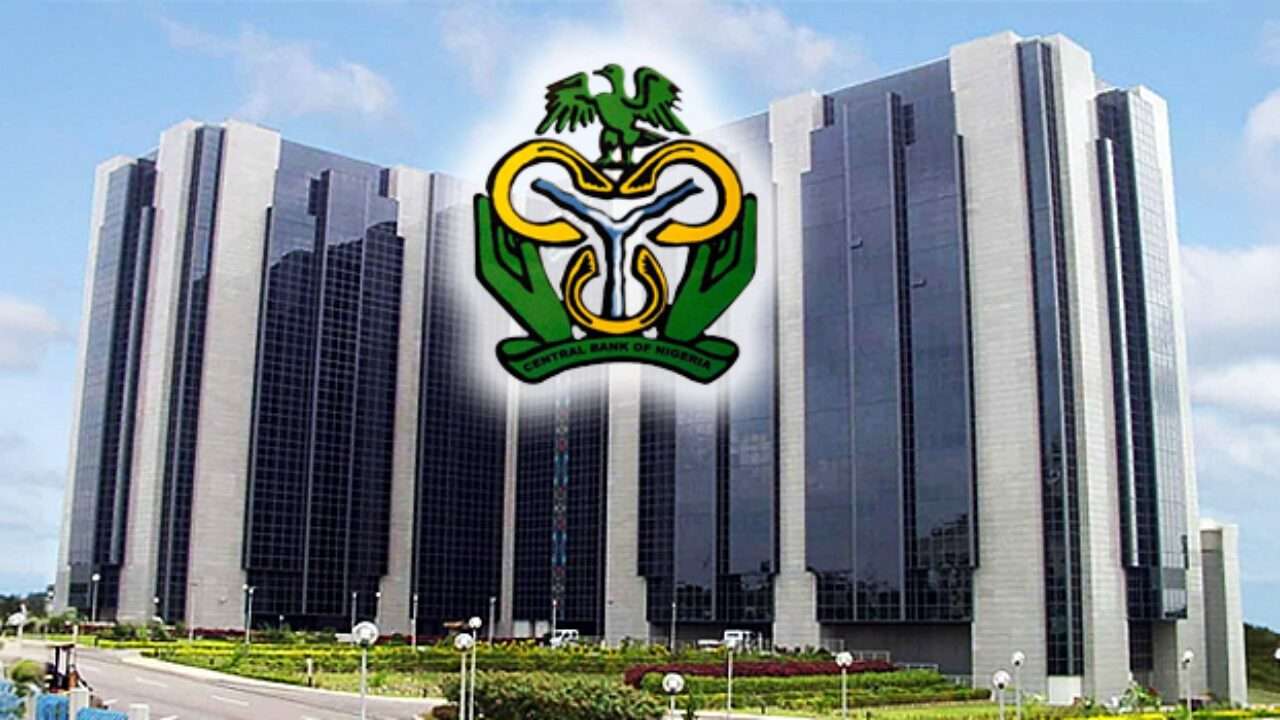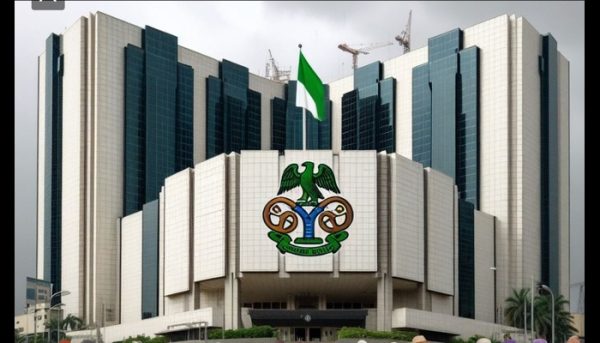Washington, D.C.—Sub-Saharan African governments are increasingly relying on domestic banks to fund their national budgets, a strategy that is proving more expensive than foreign borrowing and is creating significant risk within local financial systems, the International Monetary Fund (IMF) warned in its latest Regional Economic Outlook released Thursday.
The Fund’s report, coinciding with the IMF and World Bank annual meetings, highlighted a critical shift: after years of being locked out of international capital markets due to high costs and uncertainty, many nations are now absorbing the financial pressure at home. This reliance comes at a steep price, as the “domestic cost of capital remains elevated across the region,” forcing governments to pay premium rates.
The IMF analysis revealed that new domestic borrowing is now “significantly more expensive than external borrowing” in several Sub-Saharan African countries. This dynamic is exacerbated by domestic financial markets that are often “underdeveloped, fragmented, and illiquid,” characterized by high transaction costs and steep lending spreads.
The consequences are two-fold:
- Higher Fiscal Burden: Governments face inflated interest expenses, diverting resources from essential public services.
- Crowding Out: The heavy government demand for local credit starves the private sector of capital, hindering investment and economic growth.
The most pressing concern, according to the IMF, is the rapid accumulation of government debt on the balance sheets of local financial institutions. The report underscored that domestic banks’ holdings of government debt are “large and growing faster in sub-Saharan Africa than in the rest of the world.”
The Fund cautioned that this trend risks creating a “vicious feedback loop.” In this scenario, strained public finances could undermine the very stability of the banks holding the debt, which would then tighten credit conditions across the economy and deepen fiscal pressures.
Abebe Aemro Selassie, director of the IMF’s African Department, acknowledged the mixed signals of this trend. While borrowing in local currencies shows progress in financial independence, he stressed the acute dangers.
“About half of total public debt is owed to domestic banks,” Selassie told Reuters. “Access to external financing has not been readily available in recent years, but excessive domestic borrowing can also create problems in the banking sector if governments struggle to service their debt.”
Though a few African countries have tentatively re-entered international bond markets since 2024, many remain cautious, wary of reigniting the external debt crises that plagued the continent for decades. The IMF’s warning suggests that while the focus has been on external vulnerabilities, the next debt crisis may be brewing much closer to home.













Leave a comment